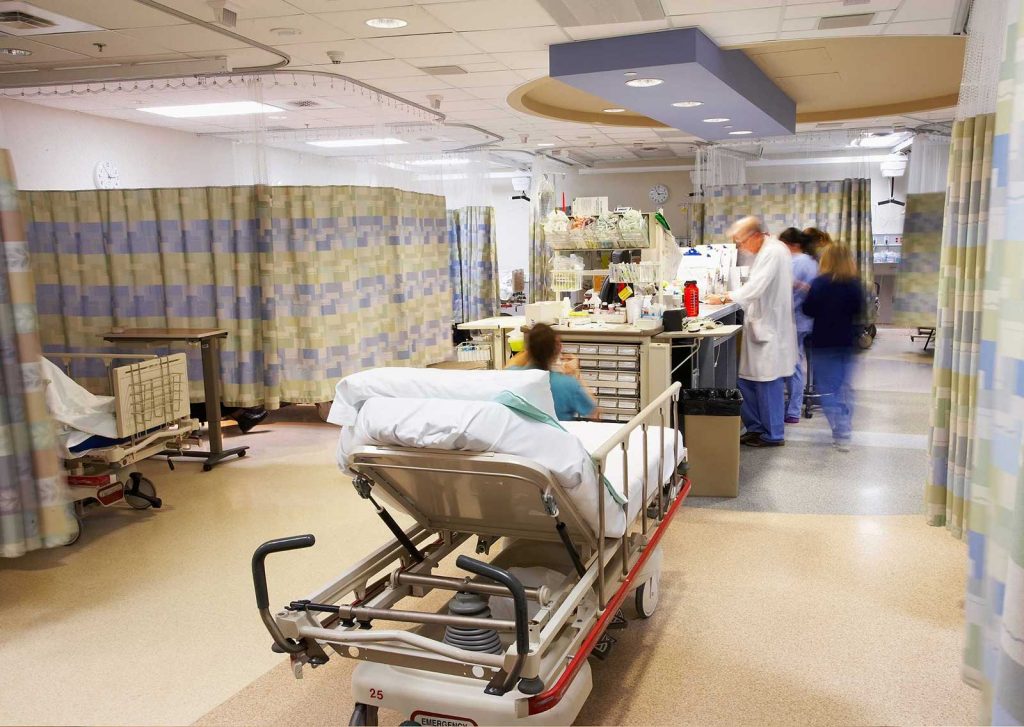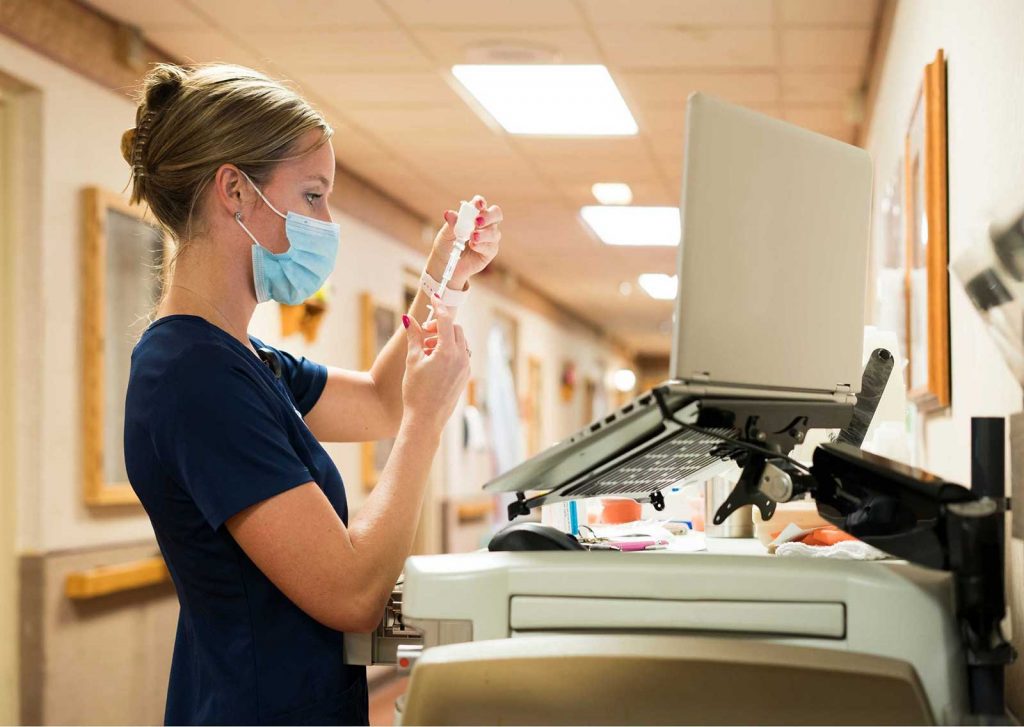Implementing Evidence Based Practice
According to a 2016 peer–reviewed and published study, the implementation of evidence-based practice in hospitals is relatively low, resulting in “almost one-third of the hospitals above national core measures benchmarks, such as falls and pressure ulcers.“
The study further explains that hospitals and healthcare institutions just aren‘t spending enough money to truly dig into the latest research, and enact changes to clinical care to reflect said data.
Researchers explained,
“Although CNEs believe that EBP results in high-quality care, it is ranked as a low priority with little budget allocation. These findings provide a plausible explanation for shortcomings in key hospital performance metrics.“
Something needs to be done; this is where clinical inquiry steps in.
Clinical inquiry is the ongoing process of questioning and evaluating practice, and advancing informed practice.
Clinical inquiry should raise questions about nursing practices that can lead to innovation, and then include the implementation of practice changes.
Think of it as a nurse’s voice in your head, for example; or in other words, your “nurse brain.”
My nurse brain would always ask, “Am I offering everything that I possibly can to my patient to achieve the best outcome?” Or, “What else can be done to help this patient or this problem?”
Have you ever heard a nurse or healthcare professional say, “It’s because we have always done it that way?”
As a nurse myself, this famous line irks me to my core every time.
We must understand the importance of evidence-based practice in nursing, and apply it daily.
If your facility is not incorporating evidence-based practice into their care plans, advocate and fight for it. It has proven to increase positive patient outcomes!

Barriers to the Use of Evidence Based Practice in Nursing
Nurses are faced with busy days providing patient care.
They are doing the best they can for each patient, with limited time, limited staffing, and limited resources.
Oftentimes, what they are used to doing, what they have learned in school, or what someone else has taught them to do, becomes a habit.

This natural flow of practice is efficient, and it takes extra time and extra steps to complete evidence-based practice along the way.
This is a major reason that it is hard for nursing leaders to continuously implement these practices into play; converting new methods based on new data into true patient care.
But what if the difficulty is due to nurses going about evidence-based practice the wrong way?
What if nursing leaders and nursing managers take the time to demonstrate the actual documented and researched evidence on how a specific skill such as “scrubbing the hub” improves morbidity and mortality in their patients?
What if they made it personal by relating the patient back to a friend or family member?
What if “scrubbing the hub” with an alcohol-based prep solution could be the difference in sepsis in their father? What if they took the extra 5-10 seconds that it takes to save lives and make a difference?
Isn’t that why they went into the nursing profession anyways?
Educating providers on the importance of evidence-based practice in nursing goes beyond cost-effectiveness or meeting H-CAP scores.
It is the difference in patient care, saving lives, and bettering a patient’s frightening experience.
Be the difference. Make a difference. Be educated. Promote evidence-based practice.







